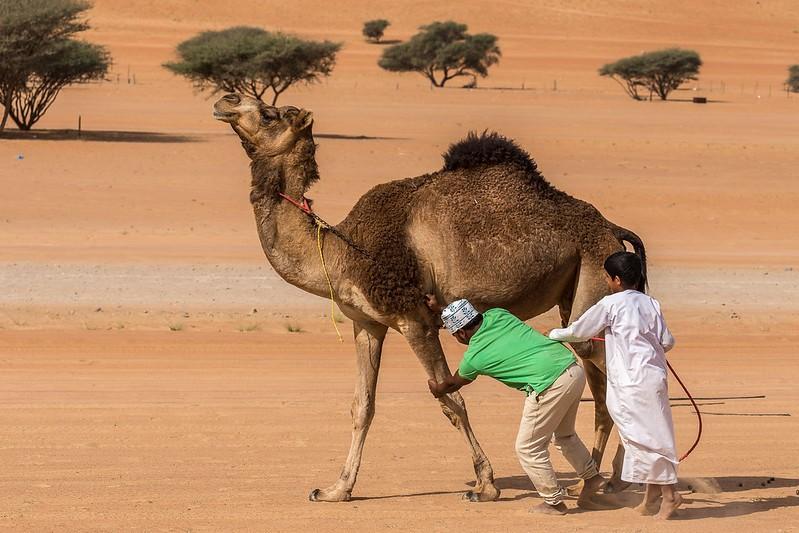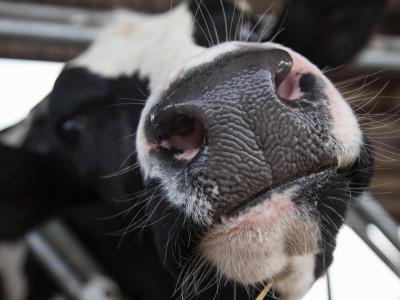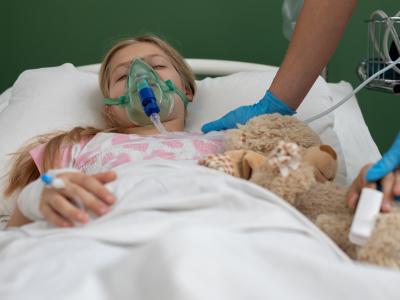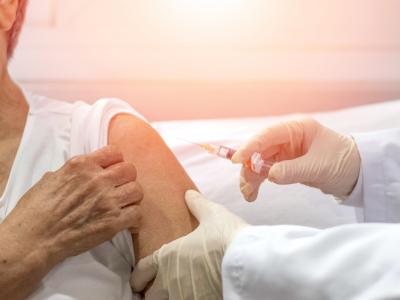Saudi Arabia's Ministry of Health (MOH) today reported three new MERS-CoV cases, part of an ongoing increase that began in October, and new research reports reveal more information about the presence of antibodies to the virus beyond Saudi Arabia in both people and camels.
The new MERS-CoV (Middle East respiratory syndrome coronavirus) illnesses lift Saudi Arabia's number of cases for November to 5. The brisk pace of infections so far this month follows 14 reported for October, which was up sharply from 4 in September.
Camel exposure in latest Saudi cases
The three newly confirmed patients include a 64-year-old man from Riyadh, a 73-year-old man from Wadi ad-Dawasir, and an 83-year-old man from Buraidah. Riyadh and Buraydah are in central Saudi Arabia; Wadi ad-Dawasir is in the south central part of the country. Other recent cases have also been reported in the three locations, including one announced on Nov 3 involving a woman from Wadi ad-Dawasir who has a secondary infection.
All three of the latest confirmed patients had contact with camels, the most common source of the virus. They are also listed as having primary exposure, meaning they probably didn't contract MERS-CoV from another known patient.
The World Health Organization said in a recent update that since the virus was first detected in humans in 2012, it has received reports of 2,470 cases, at least 851 of them fatal. The vast majority are from Saudi Arabia.
Antibodies in Pakistani camel handlers
Pakistan hasn't reported any human MERS-CoV infections, but an international research team conducted a blood sampling study to look for antibodies to the virus in camel handlers in the Cholistan desert in Punjab, the country's most important camel industry area. They published their findings today in Emerging Infectious Diseases.
In 2017 and 2018 the team obtained blood samples from 100 camel handlers and their families from a range of the area's nomadic, seminomadic, and sedentary populations. They also collected clinical data and information about exposure to camels and camel products, such as milk.
They tested for MERS-CoV antibodies by ELISA and 50% plaque-reduction neutralization testing (PRNT). Of 91 samples tested by ELISA, 49 were positive for MERS-CoV antibodies. Twelve were positive by PRNT, and, of those, 5 were also positive by ELISA. Immunofluorescence testing was positive for 10 of the 12 PRNT-positive samples.
Of the 12 patients who were positive on PRNT, 8 were men, 3 were women, and 1 was an 8-year-old child. All but two of the participants were exposed to camels. Though the sample size was small, the researchers found no significant correlation between MERS-CoV seropositivity and lifestyle, underlying medical conditions, drinking unpasteurized camel milk, or tobacco use.
Though the mechanism for MERS-CoV transmission isn't clear, the group said drinking fresh milk may be a source of infection and shared water sources between camels and humans in the area of Pakistan may also play a role. They concluded that more studies are needed to explore clinically apparent infections in Pakistan's camel regions and that it's important to educate camel handlers about infection control measures to reduce the risk of MERS-CoV transmission.
Looking for MERS-CoV evidence in Sudan
In a separate study in Emerging Infectious Diseases today, a separate group of researchers detailed their results of blood testing for MERS-CoV antibodies in Sudan camels, camel workers, livestock, and other animals. They collected samples from humans and animals in 2015 and 2017 in Tamboul, Sudan. Sites include a live animal market and an adjacent slaughter area. They also collected samples from 90 Sudan camels imported into Qatar in 2015.
In Sudan, tests were done on samples collected from 56 humans, 190 camels, 3 bats, 14 donkeys, 15 cows, 15 sheep, and 15 goats. In 2015, 92% of camels in Sudan and 99% of camels exported to Qatar were positive for MERS-CoV antibodies. In 2017, all camels tested in Sudan were seropositive, but tests were negative for the people and other animals. Also, MERS-CoV RNA was detected in nasal swabs from 3 camels imported into Qatar.
The team concluded that the results of the study are consistent with other serologic studies of MERS-CoV in Africa, but the results aren't conclusive, given the low numbers of human and livestock samples tested.
"However, this study provides preliminary insight into MERS-CoV circulation in Sudan, the country with the third largest dromedary camel population in the world," they wrote.
See also:
Saudi MOH epi week 45 report
Nov 6 Emerg Infect Dis Pakistan study
Nov 6 Emerg Infect Dis Sudan, Qatar study




















